Importance of Early Childhood Development
Problem:
Parenting is a continuous process. At every step of your child’s early years, it is important to devise methods to help them learn and grow in the best possible manner. The time, love, and care invested during early childhood development reap great benefits for your child later on in life. Traditionally, when there were joint families, a young child would be played with and taught different things by several people at all times. However, in today’s nuclear families, parents find it hard to engage their children and/or lack the knowledge of how to play with them at each stage of their development. This becomes even more difficult with children with special needs involving developmental delays and disorders.
As a new parent, one is always on the lookout for information regarding what to expect and what to do at every stage of your child’s growth. If you have a child with developmental delays, it becomes even more important to get the required knowledge and resources to help your child. In today’s digital age, the internet has become the first go-to resource for parents when looking for information and solutions. However, one can never be sure that the information obtained is from reliable source/experts.
No More Wait and Watch Approach:
In addition, the “wait and watch” approach advised by many people leading to parents thinking that any developmental delays will be overcome by their child with time or in preschool, leads to missing the critical window of opportunity for early intervention and learning for their child.
Developmental Milestone in Children:
Newborn to 3 Months
• Hold his/her head up when you pick him up
• Response to loud noise and bright lights
• Move the eyes of the moving objects
Between 3 To 6 Months of Age:
• Grasp or reach for toys even at 4-5 months of age
• Support her head well
• Bring her favourite toy to her mouth
• Rollover
• sit with support
Between 7 To 9 Months of Age:
• Sit independently at 7-8 months of age
• Get objects into her mouth
• Reaching for objects
Between 9 To 12 Months of Age:
• Able to stand without support
• Started crawling forward on belly
• Pays attention to speech
Developmental Milestone in Toddlers:
Between 13 To 24 Months of Age:
• Walk independently
• Started to speak at least 5 meaningful words
• Understand or follow simple instructions
At 36 Months of Age:
• Can use stairs and walk independently
• Able to speak simple short sentences
Warning Signs of a Developmental Delay in children:
Types of Developmental Delays:
Speech Delays: If there is a delay in speech then the child will not be able to effectively communicate. Some examples of Speech delays are
At 12 Months:
· Inability to wave the hands at 12 months of age
· Inability to vocalize sounds and communicate age 12
· Not using various consonant sounds by age 12
Between 12 to 18 Months
· Not using words like mama and daddy at age 15-18 months
· Does not have 1-3 word vocabulary until age 18 months
· Prefers gestures over speech
Between 2 to 3 Years
· Inability to spontaneously use words or phrases by age 2-4
· Inability to follow simple directions but age 3
· Inability to use 2-3 word sentences
Motor Delays: Motor delays can be broadly classified into the Gross motor delay which is the delay in using larger muscle groups like those used for jumping, running etc. and Fine Motor delay which is the delay in using smaller muscle group like those of hands, wrists, feet, toes etc. Examples of these are as follows
· Inability to stand on own by 12 months of age
· Inability to sit/walk until 18 months of age
· Inability to run until 2 years of age.
· Inability to bring a spoon to the mouth by 2-year
· Inability to hold the cup and drink on their own
Social-Emotional Delays: Due to these delays the child is not able to make and maintain meaningful relationships socially. Also, the child cannot regulate or control their emotions. For example, your child is unable to accept any guest into your house other than regular members of the family. At times they throw a nasty fit in public for no apparent reason and you are unable to control the same. Such child can also get upset easily.
Cognitive Delays: These delays pertain to learning delays, lack of problem-solving skills, memory, and understanding. Such children are unable to understand information acquired to their senses thoughts and experiences. An ideal example would be the child not responding to its name even at 8-10 months of age. Also inability of the child to solve a simple 2-3 piece puzzle at age 2.
A delay in more than 2 of the above-mentioned aspects of development is called a global development delay.
Solution:
Early identification of developmental disorders is critical for the well-being of children and their families. It is the responsibility of primary care professionals to improve developmental outcomes through early surveillance and appropriate referral of children with developmental delays. However, factors such as limited consultation time in busy office practice, inappropriate methods of screening, and the high threshold for referral and negligence of parent’s concern diminish the effectiveness of early surveillance. Therefore, it is important to develop a tool that is systematic, easy, and convenient for primary care practitioners and parents to improve the effectiveness of developmental surveillance.
Early Development Is A Journey Not A Race:
Parents are a child’s first and most effective teachers. Studies have shown that parent-based intervention programs involving substantial participation by parents are the most effective ones for children with developmental delays. Here, at Totsguide.com, they provide parents with online programs that make them better interventionists at home. Using this online programs and apps at Totsguide.com, parents will be able to not only track and monitor their child’s development up to 5 years of age, but also will be able to enroll themselves and their child into a structured intervention program to help overcome any developmental delays. The portal provides comprehensive knowledge on many aspects of a child’s early development and methods that can be used by parents to teach their children through play.

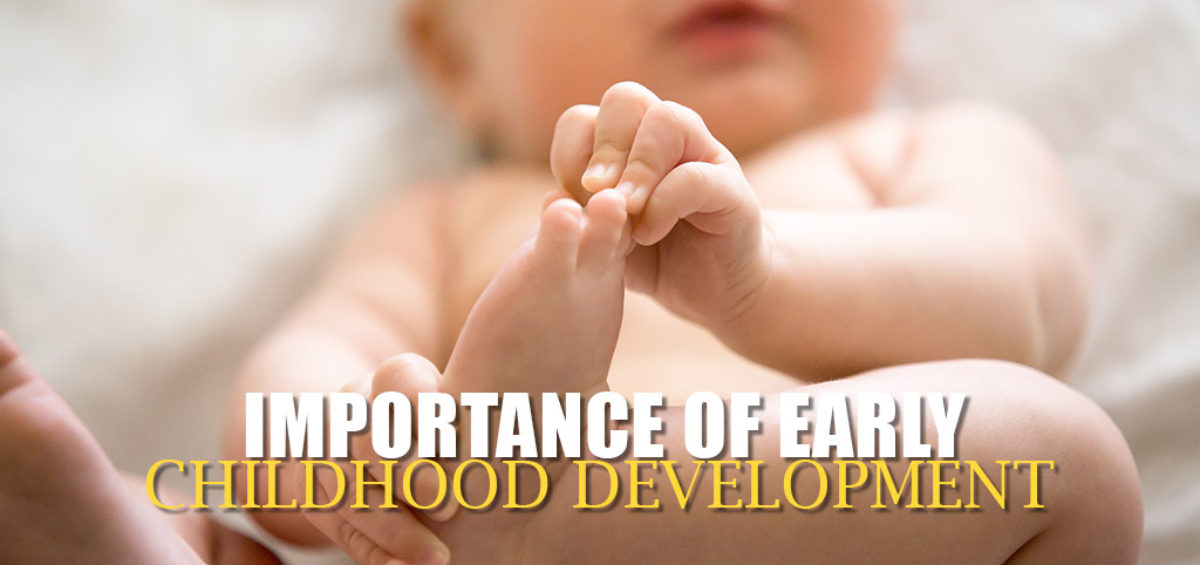
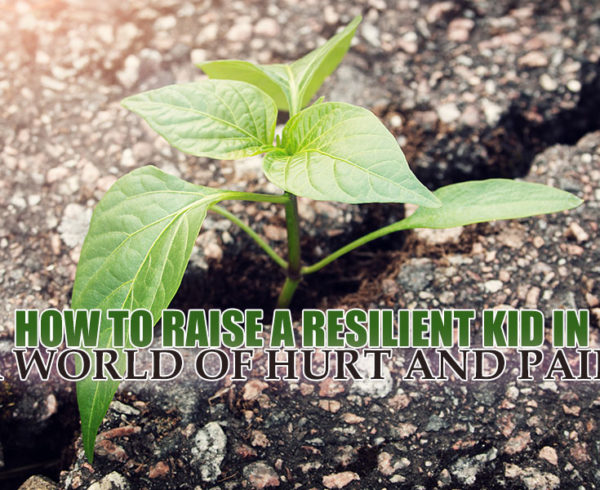
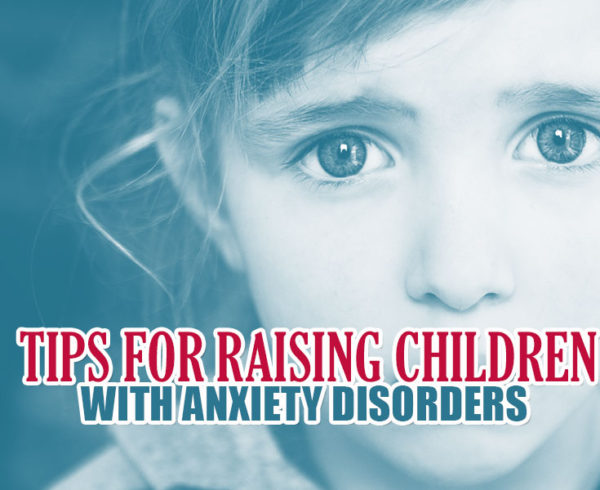
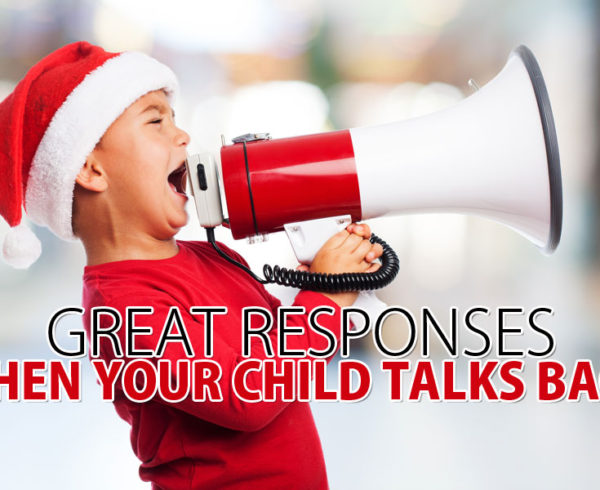

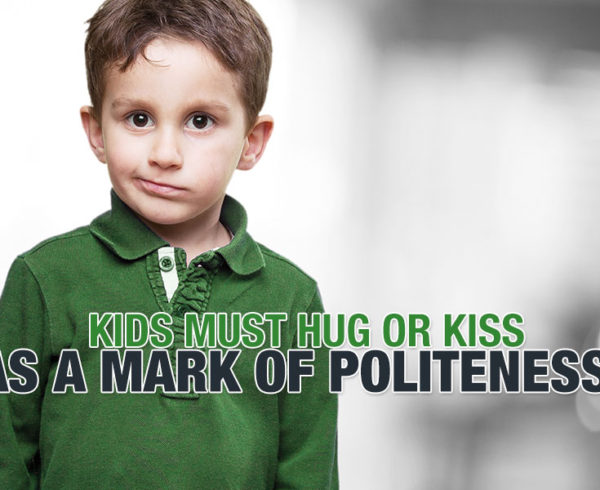
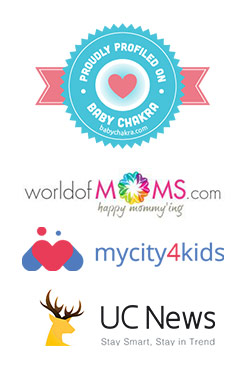
Wow! This is such an immaculate list. You have listed out every single stage of a child’s growth in this blog. It is a great blog because women who have just become mothers recently will be guided through this blog and know how to analyse their child’s growth. Keep sharing such information to help new mothers.
Amazing list… Lovely
I agree children learn a lot from just hearing and imitating. When they hear a lot in a particular language it is easy for them to remember and comprehend